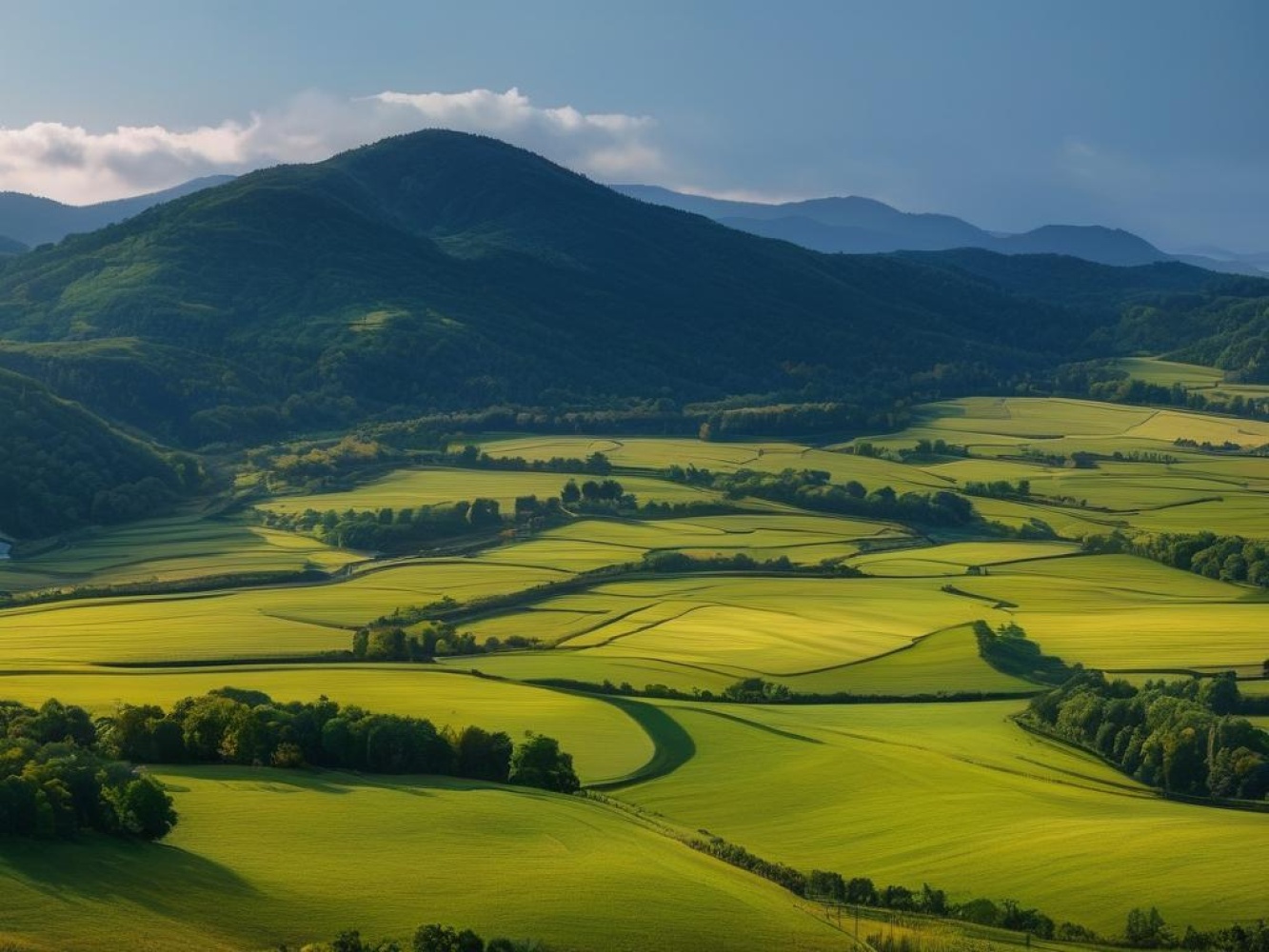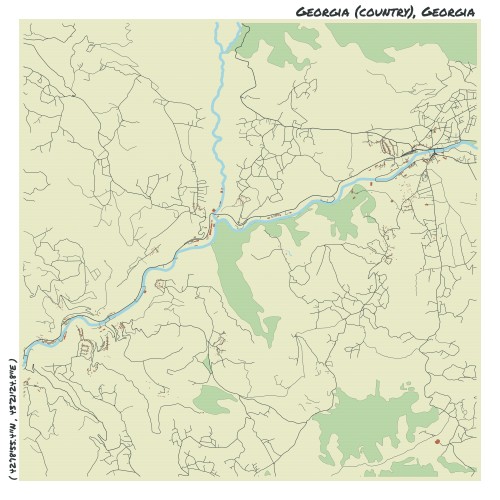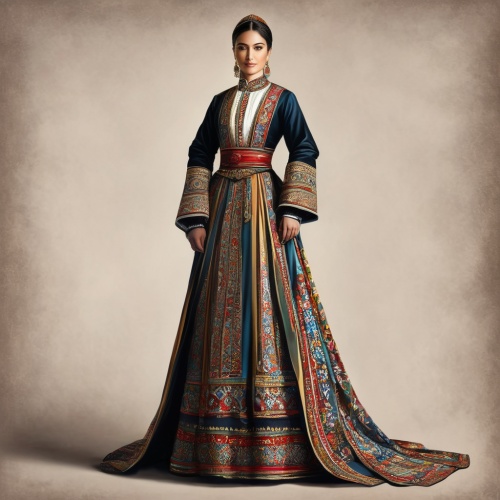Understand
Georgia, with its vibrant and distinctive culture, boasts a history that stretches back to classical antiquity and even beyond. This extraordinary country is known for its remarkable contributions to viticulture, with evidence of wine production dating back a staggering 8000 years BC. The ancient art of winemaking has left an indelible mark on Georgia, with grapevines adorning medieval decorations, carvings, and paintings. The curvaceous shapes of the Georgian alphabet itself bear resemblance to the elegant twists and loops of grapevines. Georgians, proud of their unique heritage, are a people unlike any other. They have no ethnic or linguistic ties to the surrounding nations of Russia, Turkey, or Greece. While there are theories linking Georgians to the Basque and Corsican people in Southwestern Europe, these connections remain unproven. Throughout history, Georgia has faced numerous power struggles against major empires such as the Romans, Mongols, Byzantines, Persians, Ottomans, and Russians. Despite these challenges, Georgians have tenaciously held onto their identity, leaving a lasting imprint on their countryside. Marvel at the ancient towered fortifications, monasteries, and UNESCO World Heritage Sites that dot Georgia's breathtaking landscape. These architectural marvels have withstood the test of time, serving as a testament to the resilience and cultural tenacity of the Georgian people. The majority of Georgians practice Eastern Orthodox Christianity, which encompasses Greek, Russian, and other European Orthodox denominations. Although religion plays a significant role in Georgian culture, not all Georgians actively practice their faith. Many adhere to religious traditions and participate in religious holidays as a way to honor their historical and cultural heritage. The origin of Georgia's name remains shrouded in mystery, with several theories proposing its roots. Some attribute it to the popularity of St. George among Georgians, as he is the country's beloved patron saint. Others connect it to the Greek word for "agricultural" or its Persian variations. Georgians often share the belief that the name is intertwined with the legacy of St. George, a testament to the deep emotional connection they have with their patron saint.








Comments
NO COMMENTS